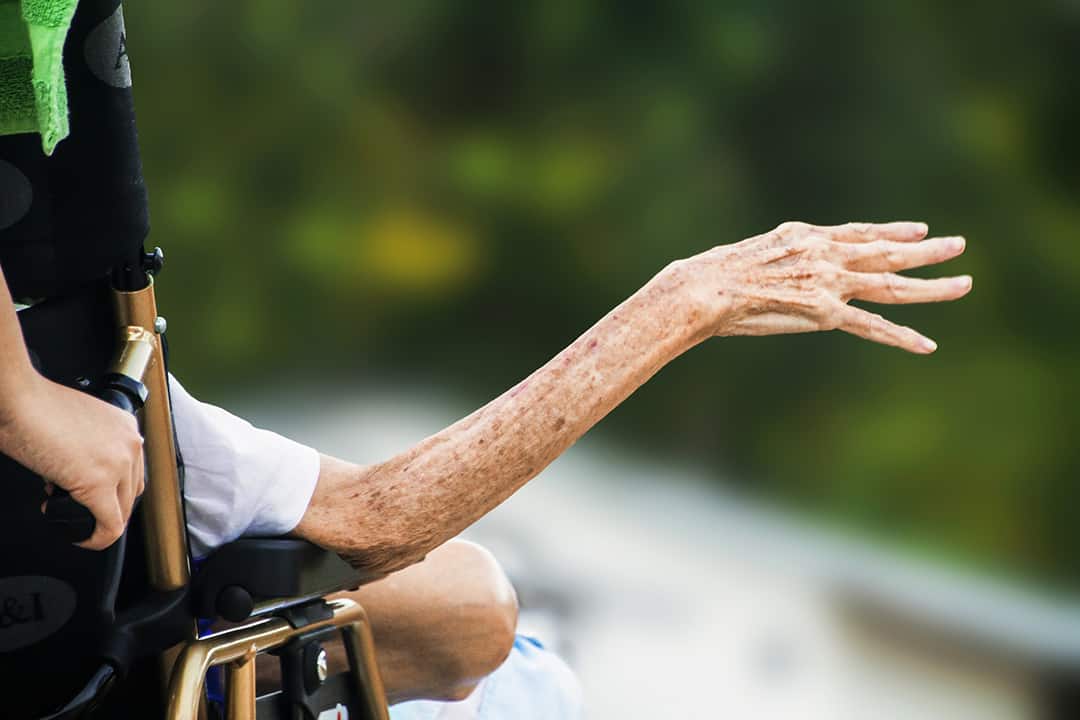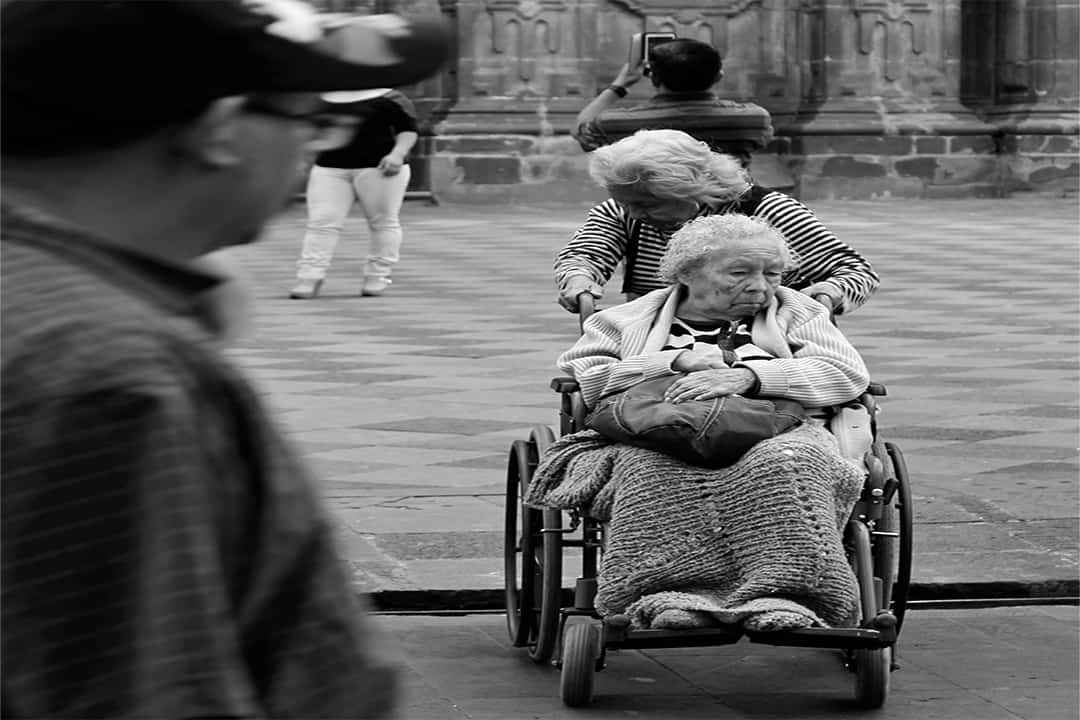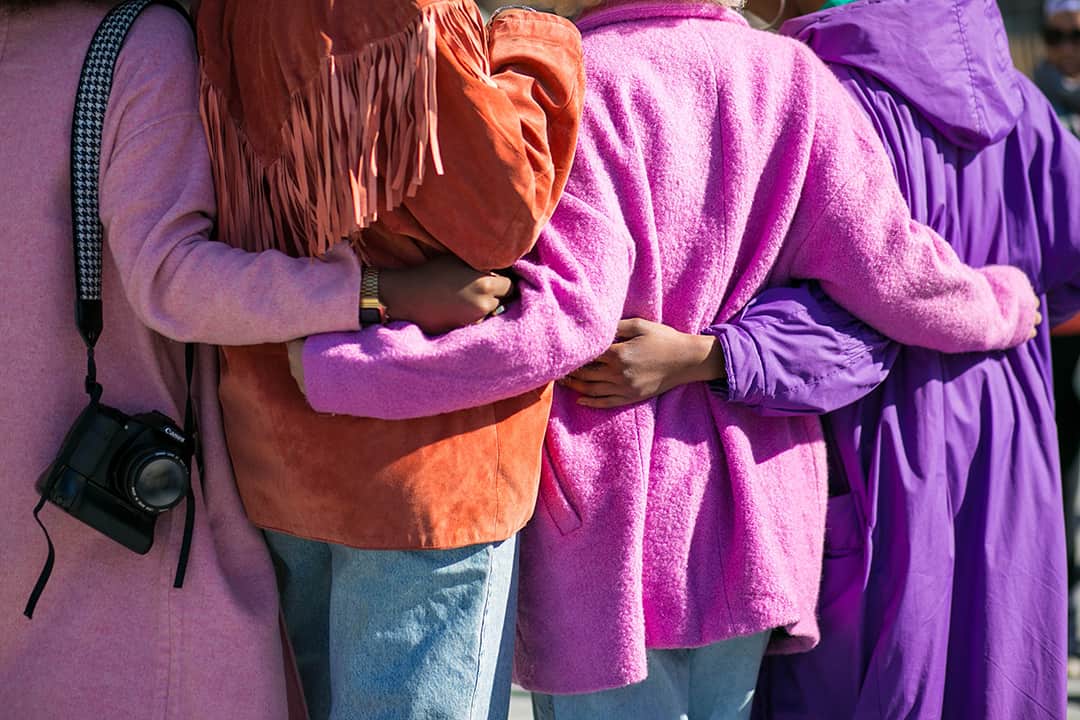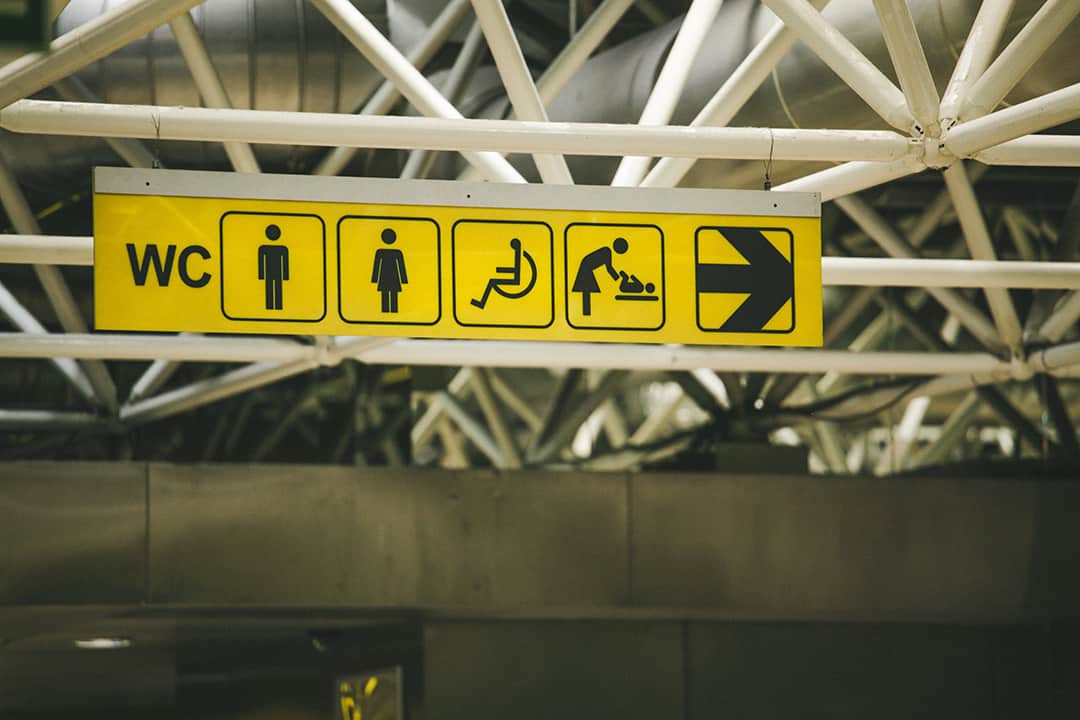The do’s and do not’s to avoid those doh! moments when interacting with an individual who has a disability or a deformity.
We have all been in those awkward situations where you’ve said “omg have you seen this?!” to someone who is blind, or “wouldn’t you just run away from that?” to someone who is in a wheelchair, or “do you find it difficult to deal with that?” to the parent of a child who has a deformity. Whilst these are simple slips of the tongue and usually those on the other end will either brush it off, or tell you not to worry about it because the look of horror on your face is just too apparent. What is worrisome however, and what we should be taking responsibility for is what not to say to someone who has a disability or a deformity or their carers.

Here are a few, and very basic – and we emphasise on the few because there is such a wide range of abilities out there, it would be difficult to call this “A complete guide to being totally aware and sensitive to every disability, deformity and impairment in the world”. Instead, here are 5 very broad things not to say or do to someone who has a disability, or a deformity – and it’s pretty common sense to apply it to carers too.
1. The most important rule, the rule that lies the foundation for all the rules to follow.
“… love for your brother what you love for yourself” [Bukhari] – it sounds cliche, but simplicity is sometimes the most needed component in situations like this. Mutual respect, good manners, smiles, and being observant of body language/eye contact/gestures is the best place to start. Treat others as you would like to be treated. This especially goes for carers, or even when in a group of people. Talk to the person with the disability or deformity, not the person sitting next to them, or their assigned carer. If they really can’t communicate, someone can step in, but at least you would have tried and that would go a long way. As a rule of thumb, assume they can communicate with you just as well you can communicate with them.

2. View people as humans. View their disability or their deformity as separate to their entity. Of course, you need to take it into consideration when interacting with them, but remember there are varying levels. Two individuals with the same disability may respond and interact in different ways, so be mindful of differences. Remember, they too have a favourite colour, or a favourite food, a favourite movie, and a preference of how people behave or speak to them. Their disability/deformity does not define them, and they have a personality beyond it that deserves recognition.
3. Always ask before offering your help. Whilst it may be given with the best of intentions, you can actually disable an individual further by imposing your support on them when it may be unneeded or unwanted. It’s really important to not take away an individuals independence, especially when they could potentially be trying to build their own independence. We’re not saying to totally abandon someone with a disability or deformity, but if they are really struggling to put their jacket on for example, there’s no harm in saying “May I help you?”, or “If I did this, would it help?” before raising your hands and doing it for them. Remember, personal space is everyone’s right, not just for the “able bodied”.

4. Not everybody who has a disability or a deformity is deaf. Do not speak louder unless you are asked, or unless an individual is showing clear signs of difficulty of hearing. It can be embarrassing, and if anything, it makes you look like a bit daft speaking loudly to a person who has no issue in hearing or communicating. The presence of a cast, a brace, a wheelchair, a carer, blindness, a hearing aid, or stick, or whatever kind of aid there is, does not mean an individual cannot hear or cannot understand. There is no harm in repeating yourself, or talking slower perhaps, but only raise your voice when needed or asked.
5. There is a time and a place for praise. Avoid the patronising statements, and the “wow, you’re so inspirational” comments or the “you’re so brave” remarks. These are quite unnecessary when having a normal conversation with someone, or when they have done something that is basic for them, such as swapping from a wheelchair to a sofa. Remember their disability/deformity is their every day, it is their normal and you’ll only remind them of how different they are. Whilst this may seem harmless, and it may come from a good place. Imagine if someone praised for you being able to walk with both feet? Or having properly functioning limbs? There’s a time and a place, and it’s often obvious when that time and place is. Of course, it might be wonderful for us to observe and sometimes we are in awe, but hold back a little and rephrase. Instead of saying “wow, that is so brave, good for you!” you could say something casual like “that’s pretty cool how you do that” or better yet, say nothing at all.

This is a short and concise list, and everyone is different so be wary of that too. The point is, you’re never going to get it right, 100% of the time, and that is okay. The best thing to do is just be honest, and have those open conversations. Even when you slip up and have those doh! moments, just be honest and share your sincerity. If you’re worried about how to communicate with someone, ask what their preference is. Some people want their disability acknowledged, others want you to pretend their deformity is invisible, some are totally independent, and others need some assistance. The worst thing you could do is be scared of interacting with someone who is different to you because you don’t know how to manage yourself around them. It’s only as difficult as we make it. It only becomes something out of the ordinary, when we make it out of the ordinary




